News Archive
-
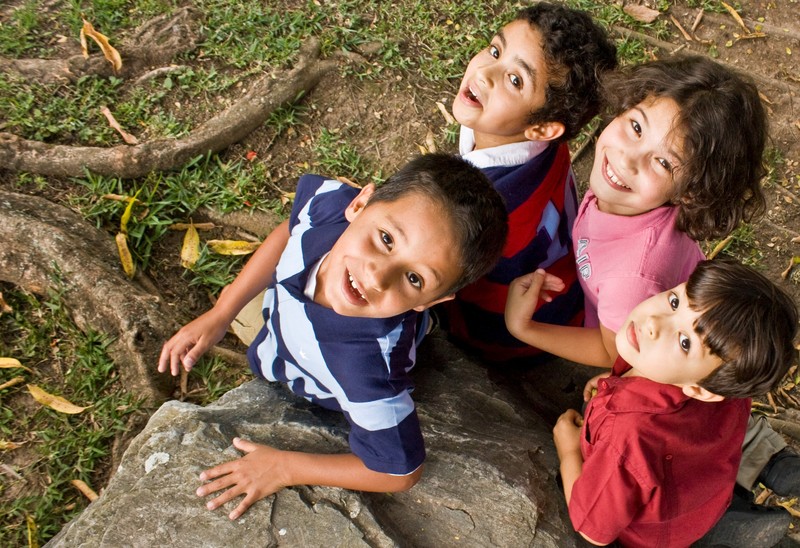
A $500,000 grant from the Robert Wood Johnson Foundation will support a new program of research at the USC School of Social Work to identify community assets that support pathways to resilience for young children and their families.
-
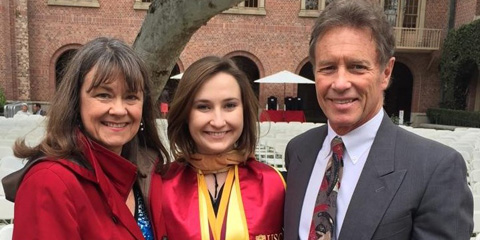
Ivy Hammond graduated from the USC School of Social Work in May 2015, becoming the first recipient of the Matthew Holland Scholarship in Social Work to receive a master’s in social work. Established in 2012 by Board of Councilors member Mark Spratt, MSW/MPA ’03, the Matthew Holland Scholarship in Social Work, named in honor of Spratt’s partner, is awarded to students who have demonstrated a commitment to LGBTQ matters through academic work, community involvement and other personal contributions.
-
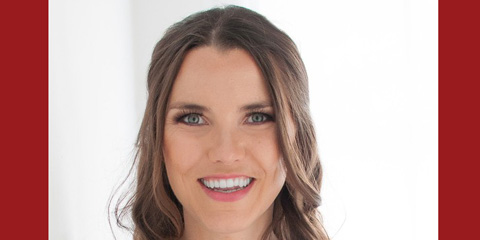
When Margaux Helvey began her search for a master’s program, she was looking for an opportunity to combine her strengths in business strategy and management with social impact. She found it at the University of Southern California, one of the few institutions at the time that offered a dual degree in social work and business administration.
-
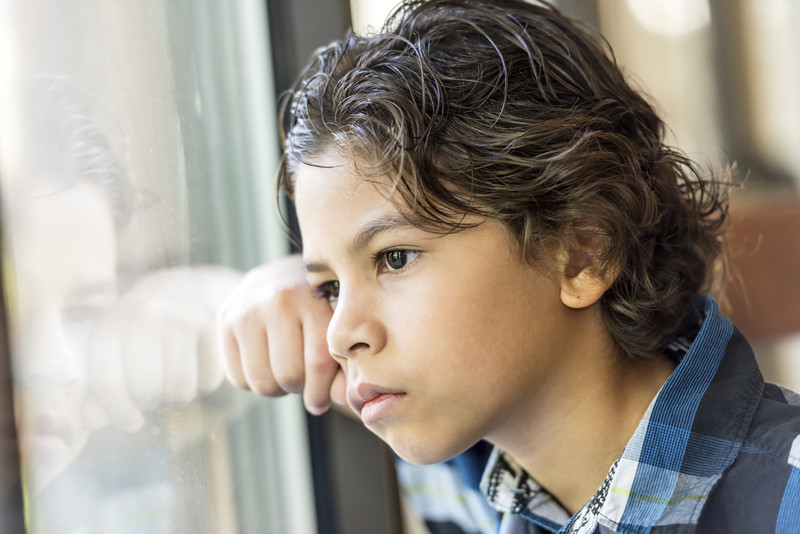
The National Center for School Crisis and Bereavement (NCSCB) at the USC School of Social Work has received a $1 million grant from the New York Life Foundation, a continuation of funding that will allow the NCSCB to expand its services, in particular the Coalition to Support Grieving Students.
-
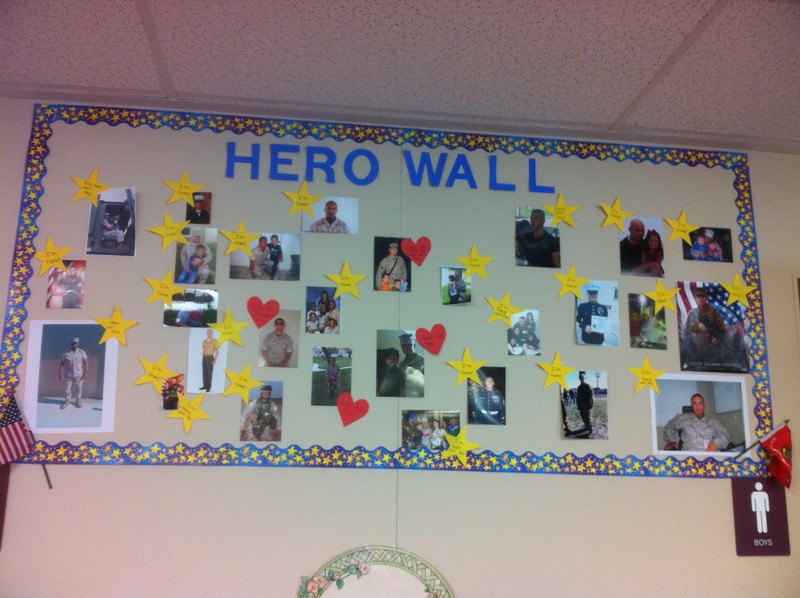
Nationwide, the Military Child Education Coalition (MCEC) estimates that there are four million children whose parents have served our country since 9/11. The vast majority of children in veteran and military families are being educated in civilian public schools. These families and students are resilient, proud, and idealistic, but many have also borne the burdens of this long and intense military conflict. The entire family serves when there is a war.
-
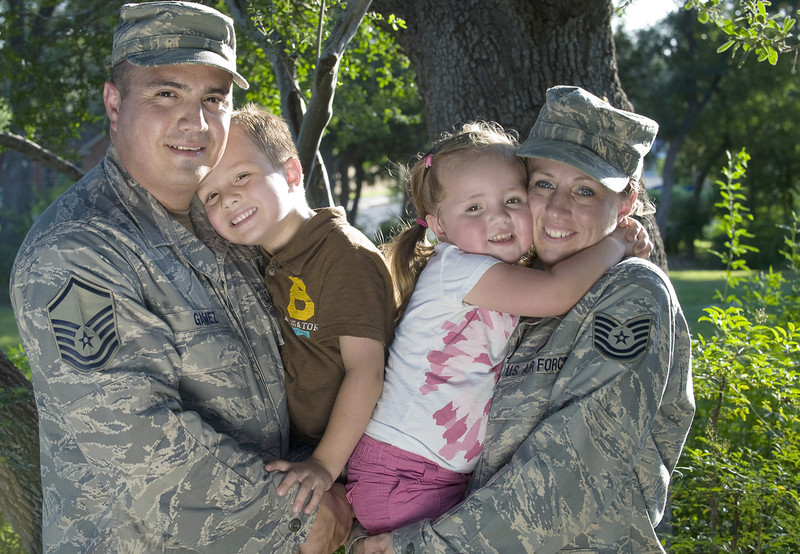
The Center for Innovation and Research on Veterans & Military Families at the USC School of Social Work has received two gifts totaling $125,000 to support local efforts aimed at making Los Angeles the most veteran-friendly place in the country.
-

In partnership with the Center for Innovation and Research on Veterans & Military Families (CIR) at the USC School of Social Work, 211 LA County and Los Angeles Mayor Eric Garcetti, the Los Angeles Veterans Collaborative has launched a new text-messaging platform to help veterans as they transition back to their local communities.
-
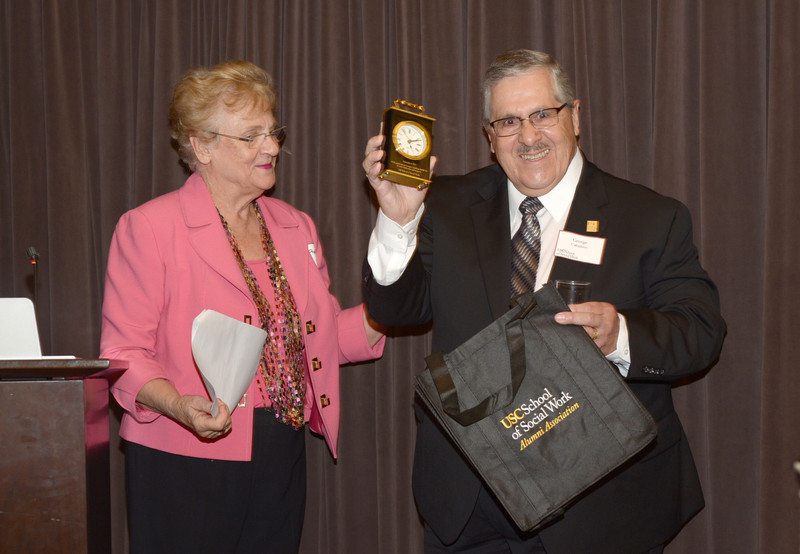
George Caballero, MSW ’82, never expected to be in a position to help in the way he has over the course of his professional career.
“For someone who didn’t have any aspirations of even going to college, getting my master’s degree in social work was a major accomplishment,” Caballero said. “Everything that’s come after that has been a gift.”
Caballero’s career spans more than 30 years serving the Los Angeles community through direct practice, research, clinical supervision, consultation and executive-level leadership.
-
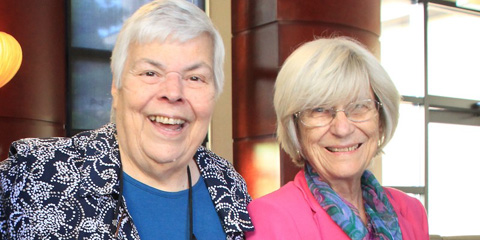
Two graduates of the USC School of Social Work, who dedicated their careers to advancing the values and profession of social work, have been inducted into the California Social Work Hall of Distinction.
-
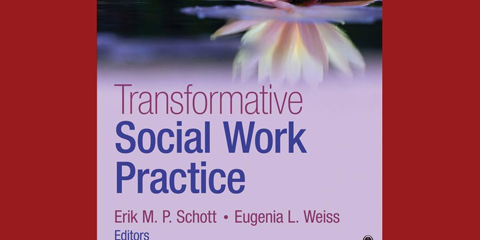
A new book edited by scholars from the USC School of Social Work offers an innovative and comprehensive overview of how social workers can improve their practice in increasingly complex and global contexts.
In Transformative Social Work Practice, editors Erik Schott and Eugenia Weiss, both clinical associate professors at the USC School of Social Work, sought to redefine the practice of social work to respond to new challenges facing the profession.